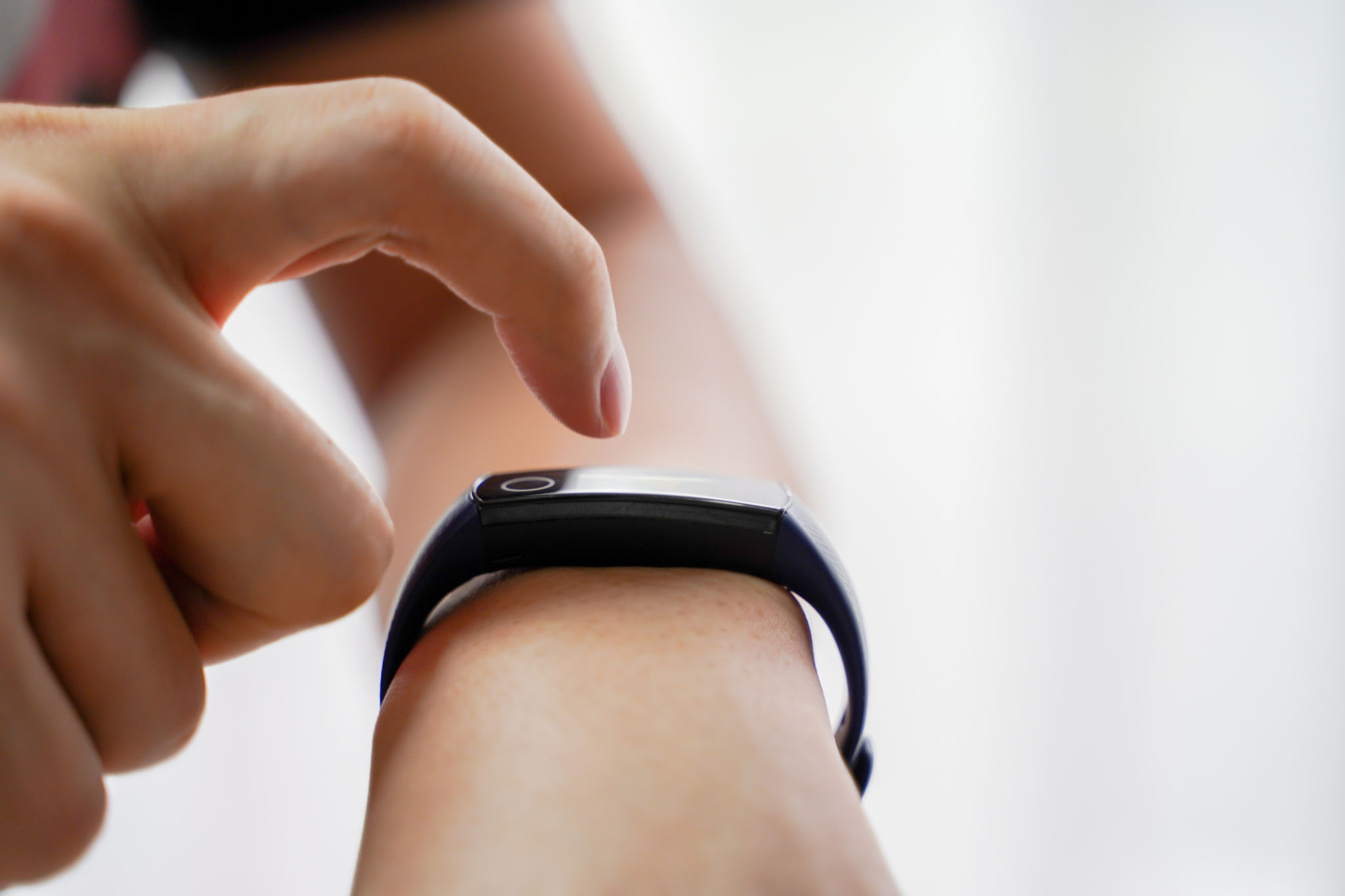The Future of Medical Equipment Maintenance: Trends and Innovations
Introduction to the Evolving Landscape
The maintenance of medical equipment is a critical component in the healthcare industry, ensuring that devices function optimally and provide accurate results. As technology advances, the landscape of medical equipment maintenance is also evolving, incorporating cutting-edge trends and innovations. In this post, we explore the future of this essential field, highlighting key developments that are set to transform maintenance practices.
One of the significant changes in medical equipment maintenance is the integration of smart technologies. The use of IoT (Internet of Things) devices is becoming increasingly prevalent, allowing for real-time monitoring and predictive maintenance. These technologies enable healthcare facilities to anticipate equipment failures before they occur, minimizing downtime and enhancing patient care.

Predictive Maintenance: A Game Changer
Predictive maintenance is revolutionizing how medical equipment is managed by shifting the focus from reactive to proactive strategies. By utilizing data analytics and machine learning algorithms, predictive maintenance can foresee potential issues based on historical data and usage patterns. This approach not only reduces the frequency of unexpected breakdowns but also optimizes maintenance schedules, leading to cost savings.
In addition to financial benefits, predictive maintenance contributes to improved operational efficiency. Medical staff can access comprehensive reports on equipment conditions, facilitating informed decision-making and resource allocation. This ensures that equipment is always ready for use, reducing the risk of disruptions in patient care services.

The Role of Artificial Intelligence
Artificial Intelligence (AI) is playing a pivotal role in shaping the future of medical equipment maintenance. AI-powered systems are capable of analyzing vast amounts of data quickly and accurately, identifying patterns and anomalies that might go unnoticed by human eyes. These insights are invaluable in planning maintenance activities and extending the lifespan of medical devices.
Moreover, AI-driven diagnostic tools are becoming more sophisticated, providing precise assessments of equipment health. This enhances the reliability of maintenance procedures, ensuring that only necessary repairs are conducted, thus avoiding unnecessary expenses and prolonging device usability.

Remote Monitoring and Support
The advent of remote monitoring technologies has significantly impacted medical equipment maintenance. Through cloud-based platforms, technicians can monitor equipment performance from anywhere, reducing the need for on-site visits. This remote capability ensures that any issues are addressed promptly, further minimizing downtime.
Additionally, remote support allows for immediate troubleshooting and guidance, enhancing collaboration between equipment manufacturers and healthcare providers. Technicians can remotely access diagnostic information and provide step-by-step solutions, ensuring quick resolutions to any problems.
Embracing Sustainability
Sustainability is becoming an essential consideration in the maintenance of medical equipment. As healthcare facilities strive to reduce their environmental impact, there is a growing focus on sustainable practices in equipment management. This includes using eco-friendly materials, optimizing energy consumption, and implementing recycling programs for obsolete devices.
By integrating sustainability into maintenance strategies, healthcare organizations not only contribute to environmental conservation but also enhance their reputation as responsible entities. Sustainable practices can also lead to cost savings through energy-efficient operations and reduced waste.
Conclusion: Looking Ahead
The future of medical equipment maintenance is bright, with numerous innovations poised to transform the industry. From smart technologies and predictive maintenance to AI and remote monitoring, these advancements promise enhanced efficiency, reduced costs, and improved patient care.
As these trends continue to evolve, it is crucial for healthcare facilities to stay informed and adapt their maintenance strategies accordingly. Embracing these innovations will not only ensure optimal equipment performance but also position healthcare providers at the forefront of technological progress.
